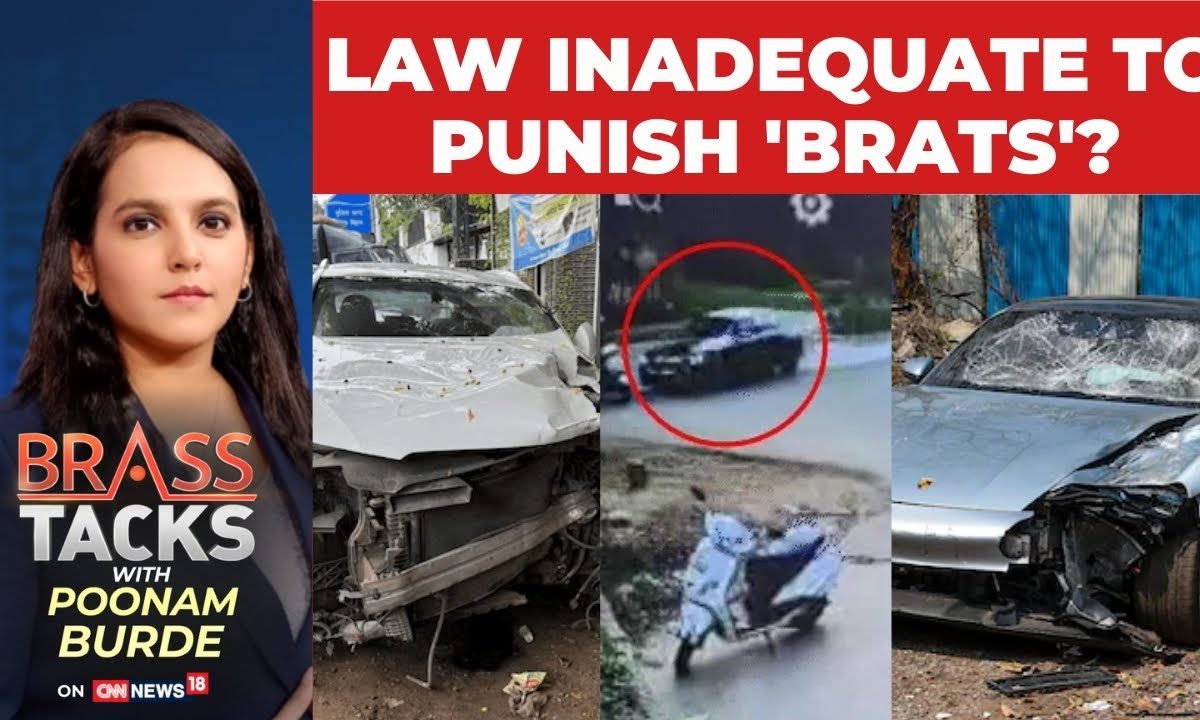

The Pune Porsche case has thrown a stark light on a disturbing trend in India: the increasing prevalence of hit-and-run incidents, often involving intoxicated drivers from affluent backgrounds, and the subsequent struggle for victims to receive justice. This particular case, where two young IT professionals, Anish Awadhiya and Ashwini Costa, lost their lives after being struck by a speeding Porsche driven by a drunk 17-year-old, has become a symbol of the deep-rooted inequities within the Indian legal system.
The incident occurred in Pune's Kalyani Nagar area on May 19, 2024, when the victims were returning home on their motorbike. The Porsche, allegedly driven by the intoxicated teenager, collided with their two-wheeler, resulting in their immediate deaths. The aftermath of the crash was marked by controversy and allegations of attempts to shield the accused due to his family's wealth and influence.
One of the most alarming aspects of the case was the initial granting of bail to the minor just hours after the accident. The lenient bail conditions, which included writing a 300-word essay on road safety, sparked nationwide outrage. This led to a review of the bail order, and the juvenile was subsequently sent to an observation home. However, the Bombay High Court later ordered his release, further fueling public anger.
Adding to the controversy, Pune police alleged that the teenager's blood samples were replaced with his mother's to conceal his intoxication at the time of the crash. This led to the arrest of his parents and several doctors from Sassoon General Hospital.
The Juvenile Justice Board (JJB) rejected the police's plea to try the accused as an adult, stating that the charges he faces do not attract minimum jail terms of seven years or more. The prosecutor had argued that the accused should be tried as an adult, pointing to the gruesome nature of the incident, his awareness of the consequences, and attempts to manipulate the legal system. The defense, however, maintained that juvenile law aims for reformation, not retribution. Ultimately, the JJB's decision means that if found guilty, the accused will face a maximum punishment of three years in a juvenile rehabilitation center.
Hit-and-run cases are a significant problem in India. In 2022, there were 46,907 reported hit-and-run accidents, resulting in 49,893 deaths. In Mumbai, hit-and-run incidents accounted for 38% of all fatal crashes in 2023, with pedestrians comprising the majority of victims. Several factors contribute to road accidents and fatalities, including drunk driving,negligence, head-on collisions, rear-end collisions, and side impacts.
The Pune Porsche case highlights the challenges in ensuring justice for victims of hit-and-run incidents, especially when the accused come from privileged backgrounds. The delays in the legal process, the potential for evidence tampering, and the perceived leniency of the legal system contribute to a sense of injustice and erode public trust. As Om Awadhiya, father of victim Anish Awadhiya, stated, justice in this case would send a strong message against drunk driving and the belief that money and power can place individuals above the law.